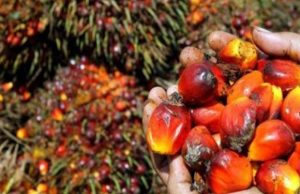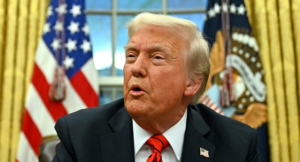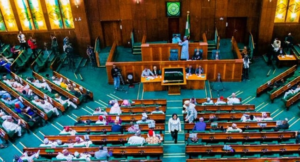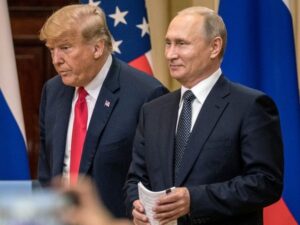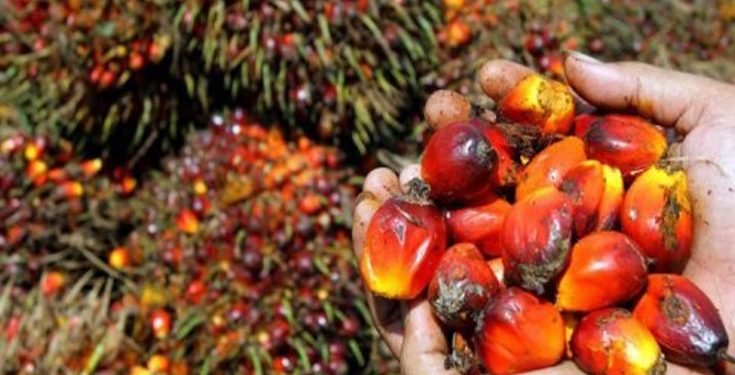
In the wake of COVID-19 pandemic leading to the collapse of oil price in the international market, Solidaridad’s Senior Climate Specialist for Africa, Dr Samuel Ogallah, has called on the Federal Government to invest in palm oil as a way of reducing unemployment, poverty and creating jobs for the masses.
Ogallah said the move would also increase the contribution of the agriculture sector to the national Gross Domestic Product (GDP).
The climate specialist, in a statement on Sunday, called on the private sector to join hands with Solidaridad in its effort to support the government of Nigeria’s agricultural transformation policy agenda.
He added the role of private sector involvement in National Initiative for Sustainable Climate-Smart Oil Palm Smallholders (NISCOPS), programme in Nigeria is key to the success of the project.
“It is high time Nigeria started to invest in “the other oil” which is palm oil, due to the collapse of oil price on which Nigeria depends as the major income earning for the country,” he said.
While noting that Soldaridad West Africa has within one year digitally profiled more than 18,500 smallholder oil palm farmers and millers in Akwa Ibom, Cross River, Enugu and Kogi States, he said the effort is to support respective state governments to encourage more farmers embrace the oil palm intervention programme.
“These achievements are made possible through The Kingdom of the Netherlands funded NISCOPS programme in Nigeria.
“The digital profiling of smallholder farmers and farm mapping is a continuous process in the lifespan of NISCOPS which started in 2019 through 2023”.
Solidaridad Oil Palm Programme Manager, Nigeria, Kene Onukwube, explained the overall intervention pushes Nigeria’s march towards making the Sustainable Development Goals (SDGs) and the Paris Agreements a reality.
According to him: “Profiling of oil palm farmers and their farms elevates Nigeria digital agriculture profile in two significant ways: it enhances the structural aggregation of oil palm farmers into organised farmer groups as well as strategically positioning them for increased economic investments through proposed institutional interventions by government (e.g. through NIRSAL and other key policies of the Central Bank of Nigeria) and private sector growth initiatives targeted at palm oil SMEs”.
